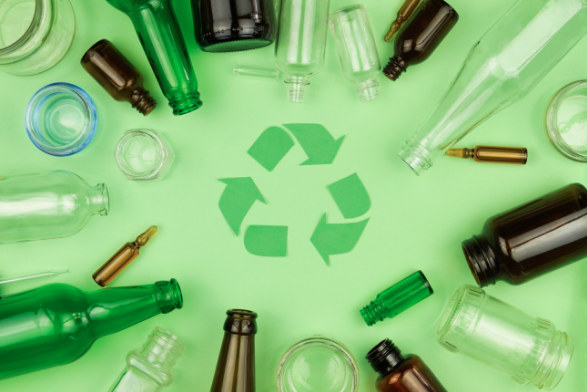Counterfeit items recycling Dubai items pose a significant challenge to economies and industries worldwide, contributing to economic losses and environmental harm. In Dubai, a city known for its commitment to innovation and sustainability, addressing the issue of counterfeit items has taken on a new dimension. One promising approach is the implementation of eco-friendly recycling methods specifically tailored to manage and repurpose these counterfeit goods.
Section 1: The Counterfeit Conundrum in Dubai
Overview of the prevalence of counterfeit items in Dubai and their impact on the economy and consumers.
Discussion on the challenges posed by counterfeit goods, including legal, economic, and environmental aspects.
Section 2: The Environmental Impact of Counterfeit Items
Examination of the environmental consequences of counterfeit production and disposal.
Insight into the harmful materials used in counterfeit goods that can pose risks to ecosystems and human health.
Section 3: Sustainable Recycling Solutions
Introduction to innovative recycling technologies that can be applied to counterfeit items, highlighting eco-friendly and resource-efficient methods.
Collaboration opportunities between government bodies, private sector entities, and recycling organizations to develop and implement sustainable recycling solutions.
Section 4: The Role of Technology in Recycling Counterfeit Items
Exploration of advanced technologies such as blockchain, RFID, and AI to track and identify counterfeit products throughout the supply chain.
Integration of technology to facilitate the sorting and processing of counterfeit items during recycling.
Section 5: Public Awareness and Education
The importance of raising public awareness about the environmental impact of counterfeit goods.
Educational campaigns to inform consumers, businesses, and policymakers about the benefits of recycling counterfeit items and supporting sustainable practices.
Section 6: Government Initiatives and Regulations
Overview of existing and potential regulations to incentivize recycling and penalize the production and sale of counterfeit items.
Examples of successful government initiatives from other regions that Dubai could consider as a model.
Conclusion:
Recap of the environmental and economic benefits of recycling counterfeit items in Dubai.
Call to action for stakeholders, including government, businesses, and the public, to collaborate on implementing and supporting sustainable recycling solutions for counterfeit goods.
By adopting a comprehensive approach that combines technology, public awareness, and regulatory measures, Dubai can lead the way in transforming the counterfeit goods challenge into an opportunity for sustainable innovation and environmental responsibility.


No comments:
Post a Comment